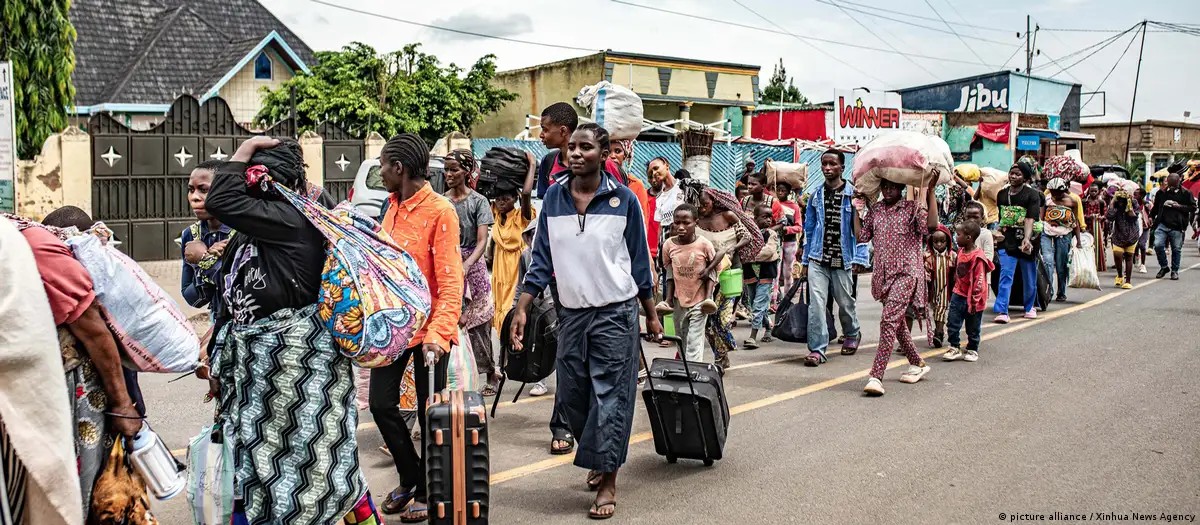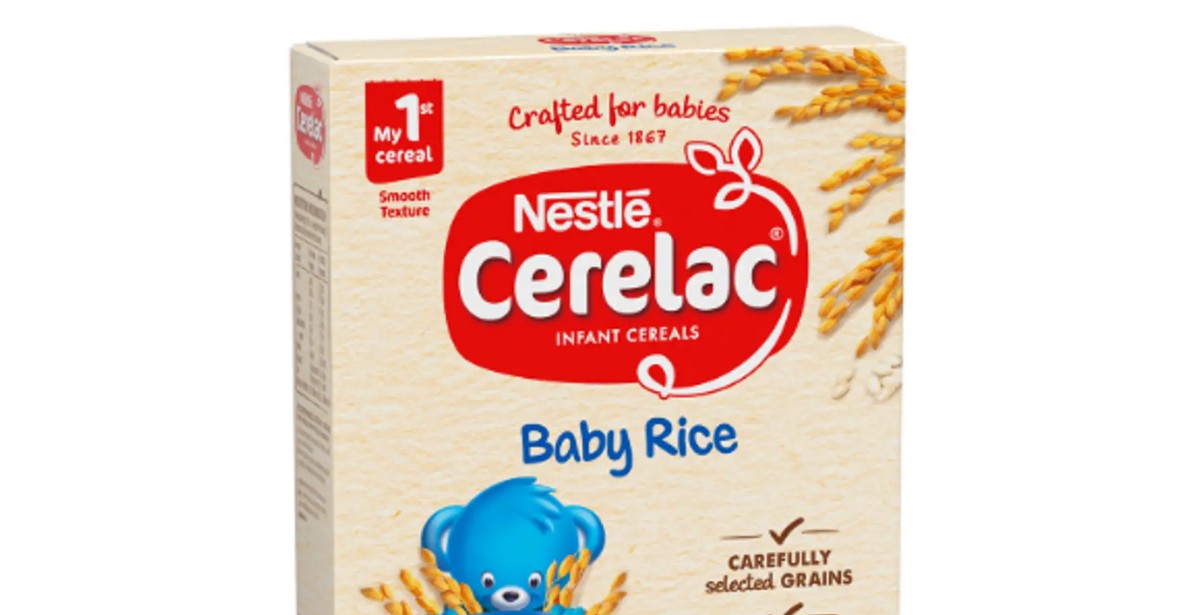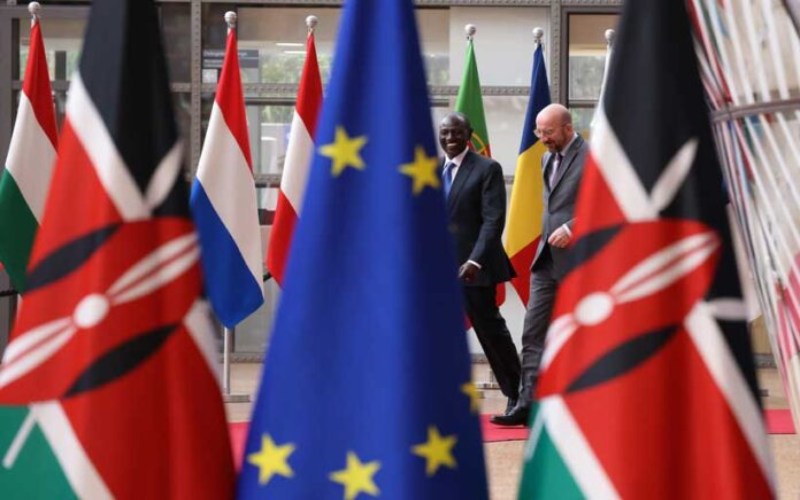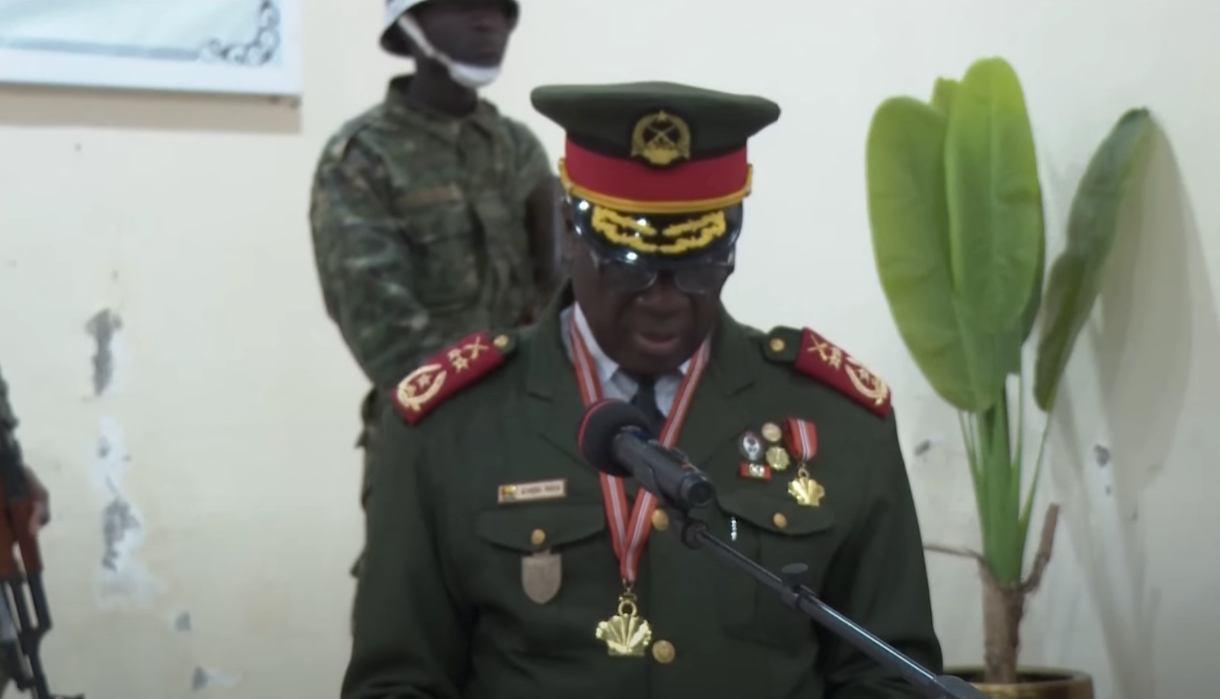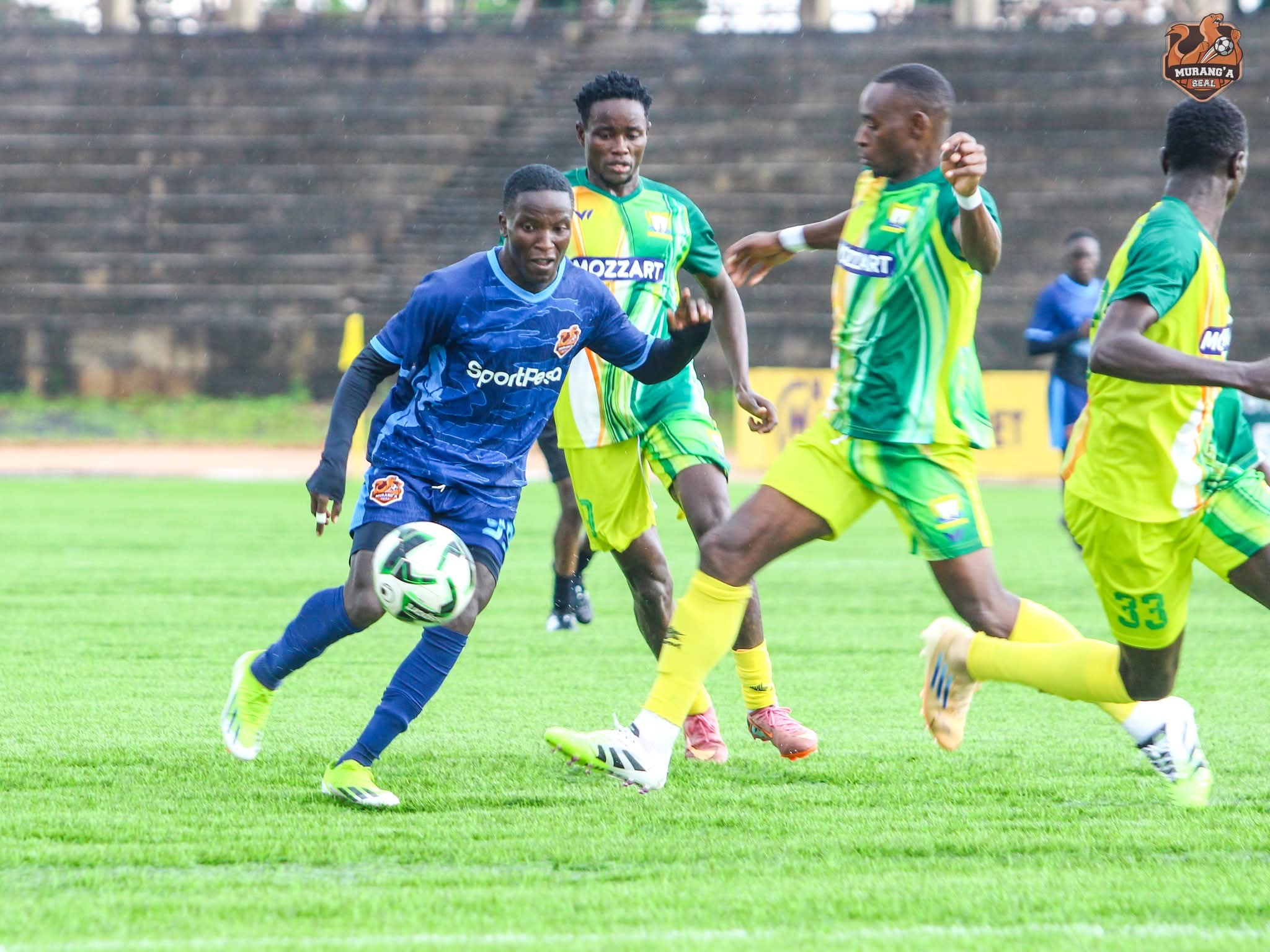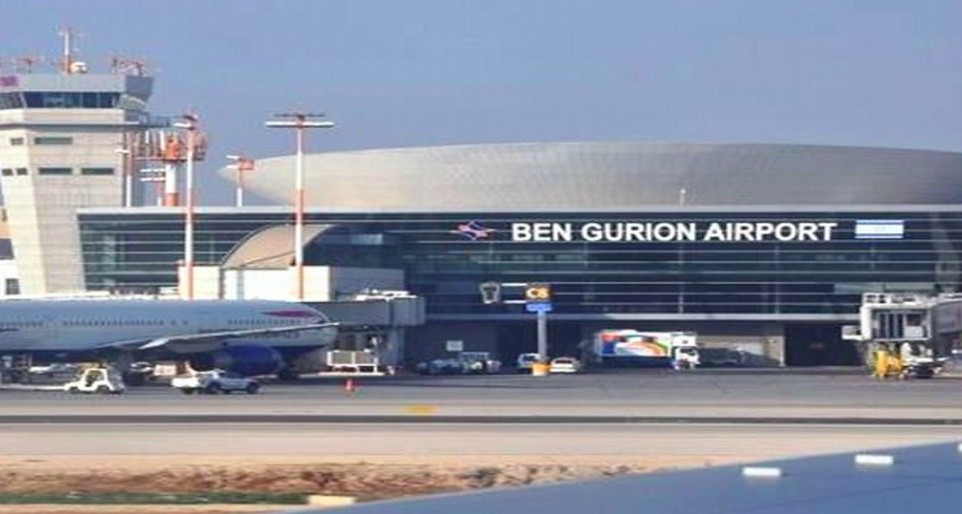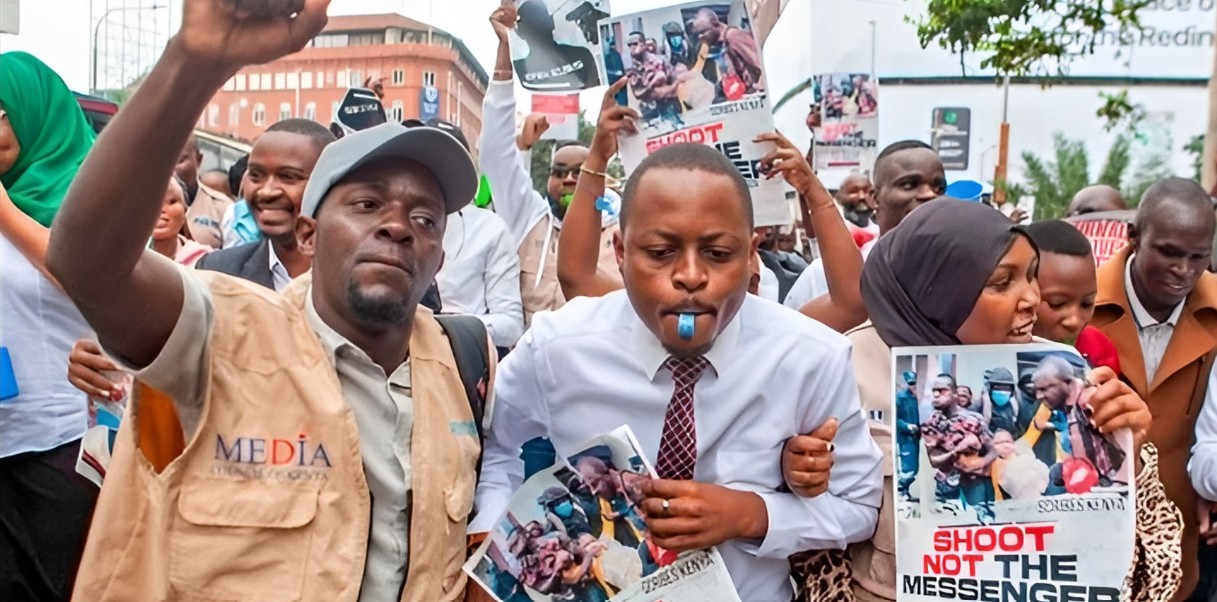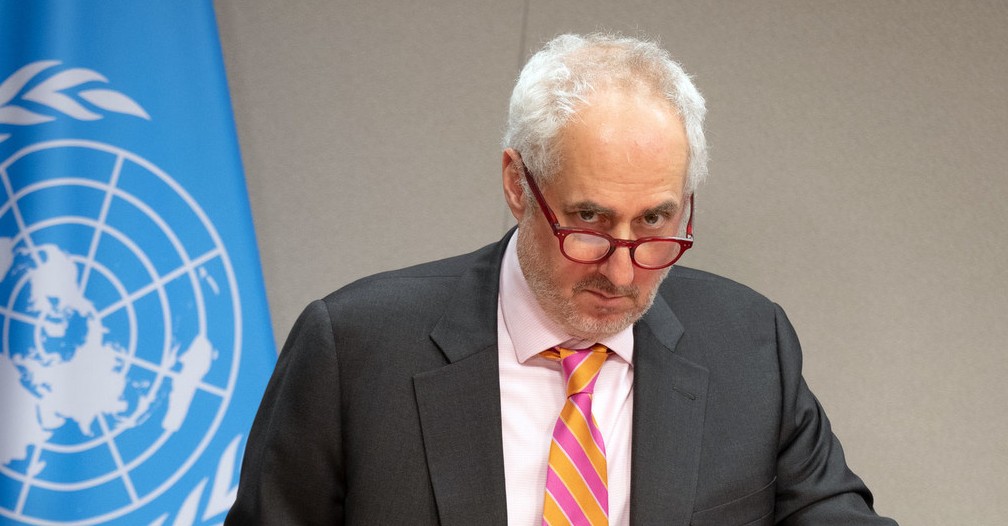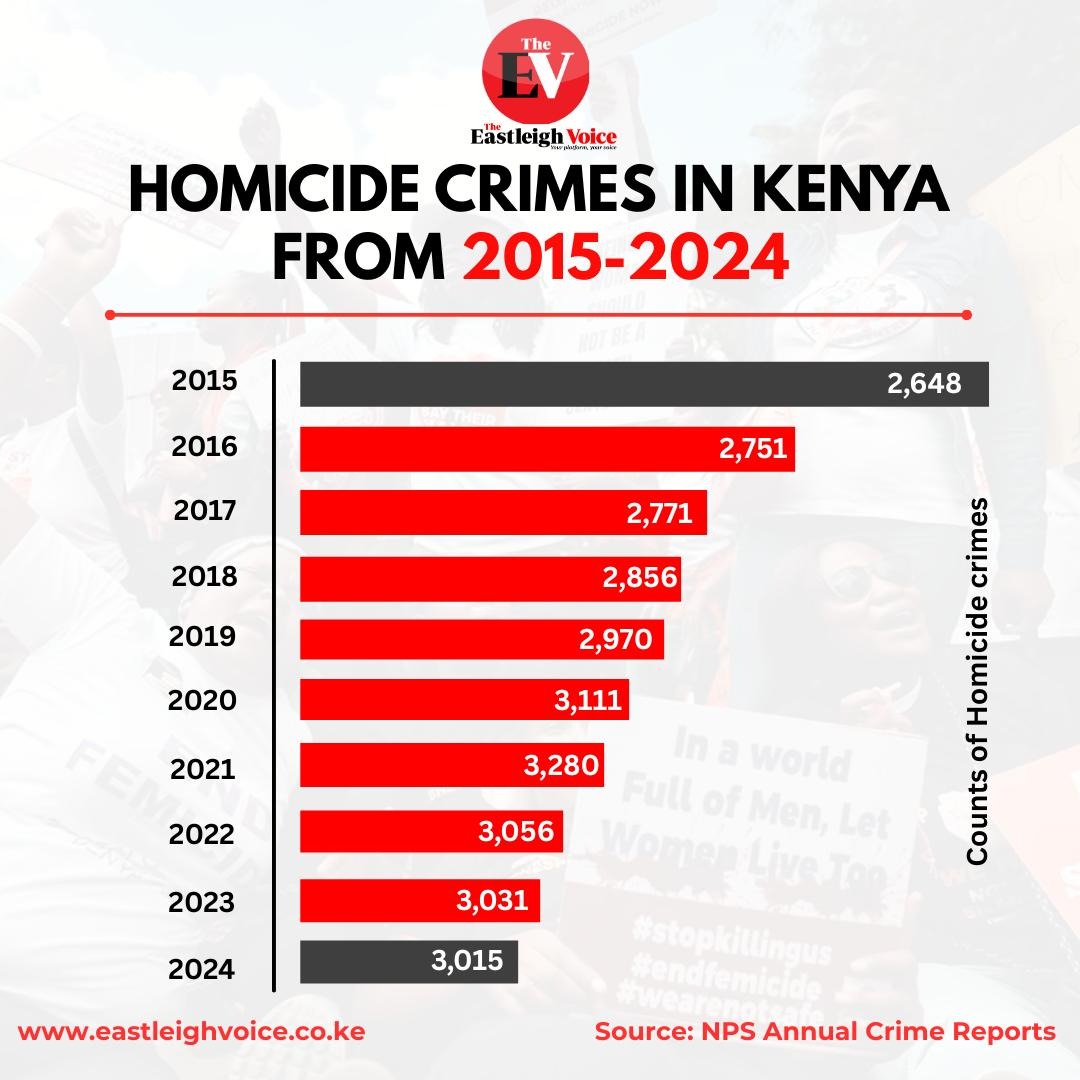State rolls out Sh30,000 aid for 15,000 vulnerable Kenyans through Economic Inclusion Programme
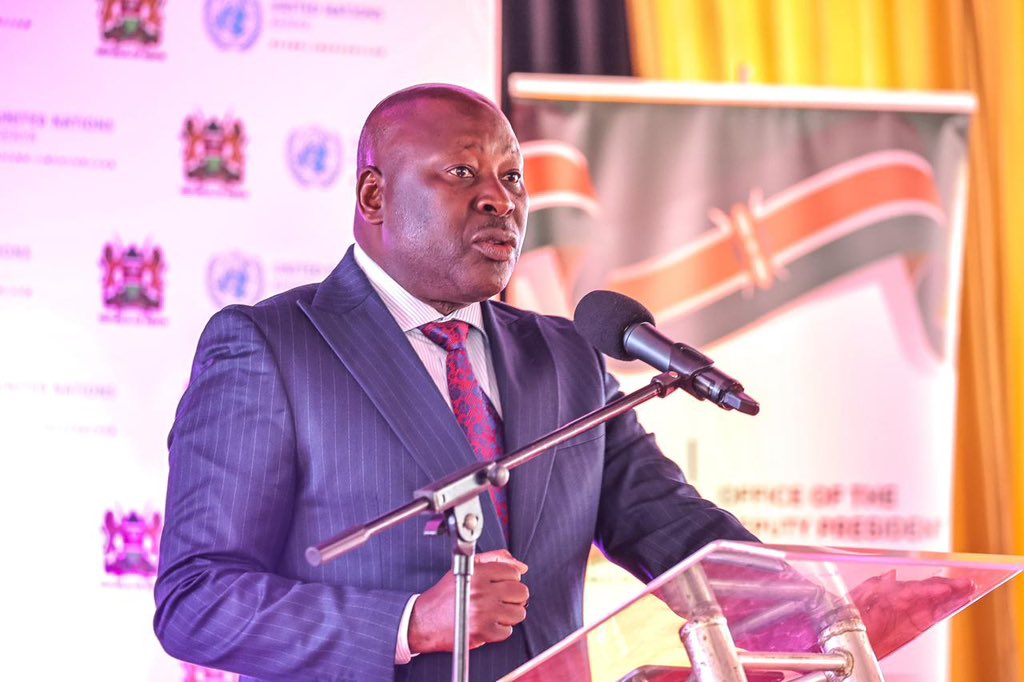
The project funded by the World Bank, seeks to provide economically disadvantaged households with a sustainable source of income.
Around 15,000 vulnerable individuals across Kenya are set to receive financial support to help them start small businesses, as part of efforts to combat poverty.
The initiative is part of the second phase of the Economic Inclusion Programme, with each beneficiary expected to receive seed capital of Sh30,000.
According to Principal Secretary for Gender and Social Protection, Joseph Motari, the project funded by the World Bank, seeks to provide economically disadvantaged households with a sustainable source of income. The families will be drawn from arid and semi-arid areas in 25 counties.
“The pilot programme was carried out in five counties in 2020, and now we are implementing the second phase, which covers 25 counties. This programme aims to graduate the poor from extreme poverty to a level of earning income through small projects,” Motari said during an event in Murang’a.
The first phase of the programme, which was rolled out in five counties, saw 5,000 people benefit from the initiative.
“I came here for a fact-finding mission to see how the first beneficiaries used the money given to them, and I am impressed by the transformation they have undergone,” Motari said.
While the project currently focuses on arid and semi-arid regions, Motari expressed the government’s desire to expand the programme nationwide.
A key component of the Economic Inclusion Programme is the mentorship provided to beneficiaries.
After receiving the funds, beneficiaries will also be supported by mentors who will guide them in developing their businesses and making sound financial decisions.
By combining financial support with expert guidance, the programme aims to boost the chances of long-term success for the participants.
Additionally, Motari noted that the funds would be released in two stages to promote responsible use.
Each household will initially receive Sh20,000, with a second tranche of Sh10,000 to follow. This phased approach allows for close monitoring of how the funds are utilised, ensuring they are wisely invested in projects with lasting benefits.
“Our aim is to have the programme rolled out in all parts of the country, but we shall be doing it gradually to ensure we reach out to as many people as possible,” Motari said.
Top Stories Today




